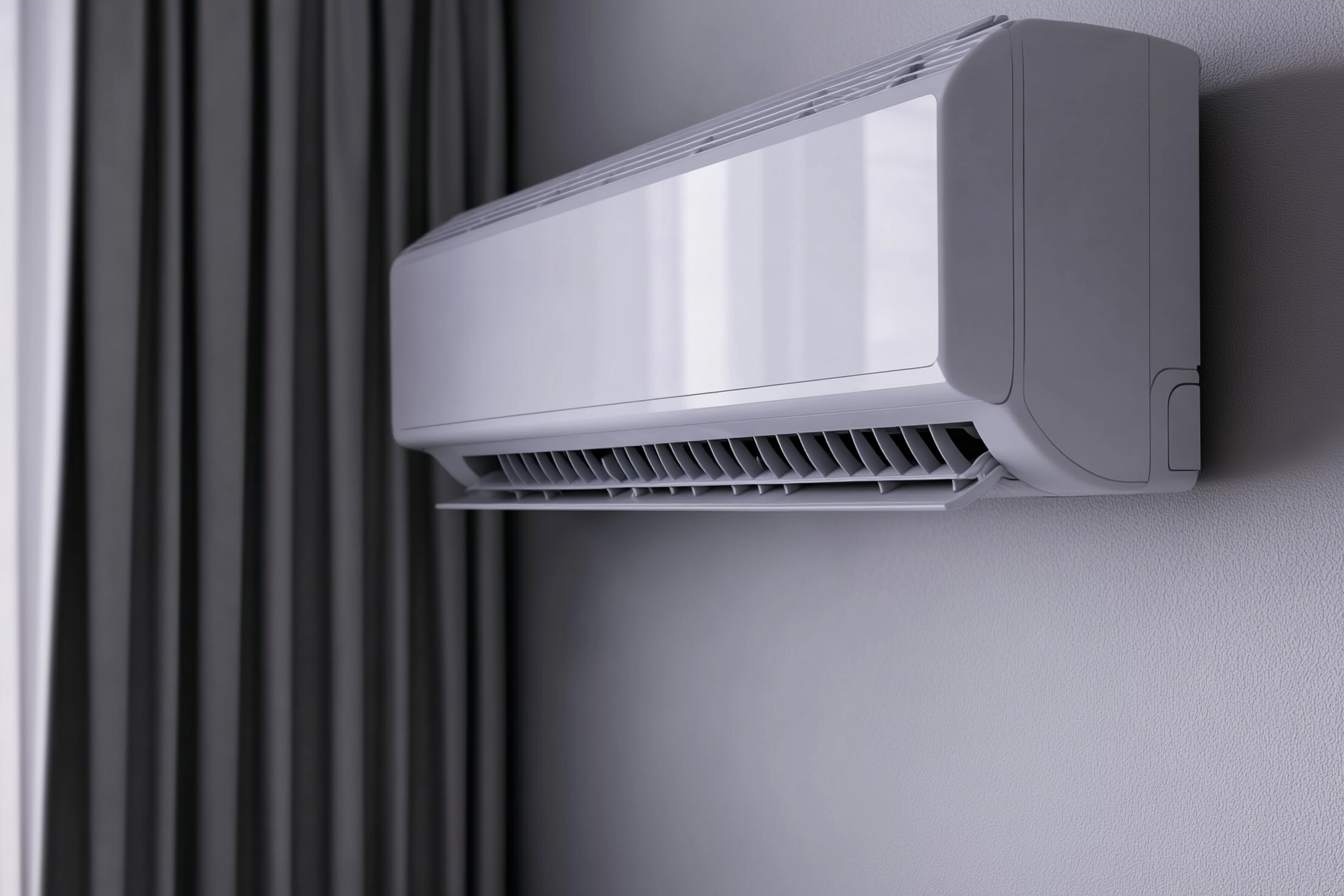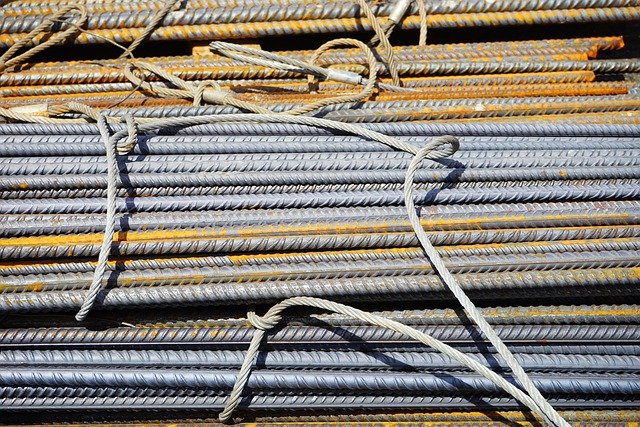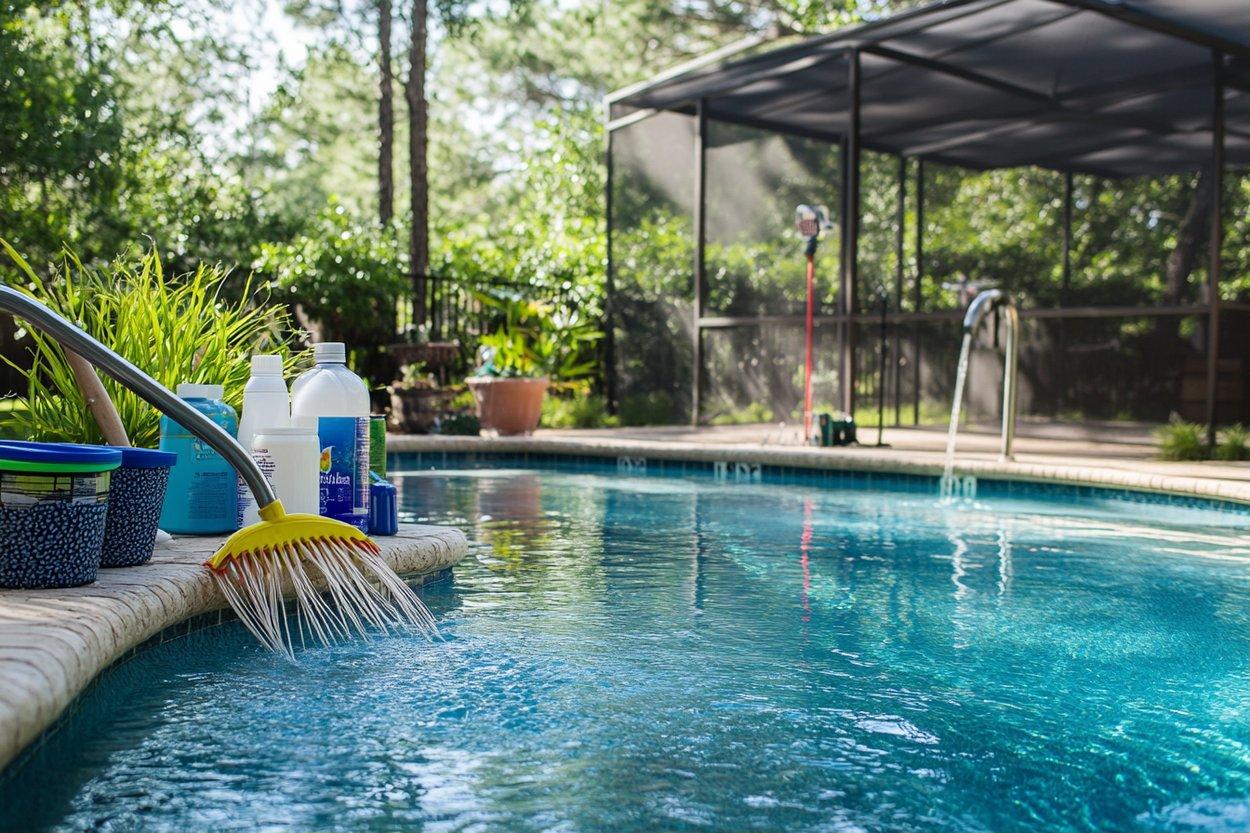Best Home Humidifiers: Complete Guide for Better Indoor Air
Humidifiers are commonly used to add moisture to indoor air, especially in dry environments or during colder seasons. These devices may help ease discomfort from dry skin, throat irritation, or sinus issues, while also supporting overall comfort in homes or workplaces.

What Are Humidifiers and How Do They Work?
Humidifiers are appliances designed to increase moisture levels in indoor air by releasing water vapor or steam into the environment. These devices typically contain a water reservoir and use various mechanisms to disperse moisture throughout a room or entire home. The most common types include ultrasonic humidifiers that use high-frequency vibrations to create a fine mist, evaporative models that use fans to blow air through wet wicks or filters, and steam vaporizers that heat water to produce vapor. Understanding how different humidifiers operate helps you choose the most suitable option for your specific needs and living situation.
Why Get a Humidifier for Your Home?
The benefits of using home humidifiers extend beyond simple comfort improvements. Dry air can cause various health-related discomforts, including dry skin, chapped lips, throat irritation, and nasal congestion. Humidifiers may help alleviate these issues by maintaining humidity levels between 30-50%, which many experts consider optimal for indoor environments. Additionally, proper humidity levels can help preserve wooden furniture, musical instruments, and artwork while potentially reducing static electricity buildup in your home. Some people also find that adequate humidity levels help them sleep better and breathe more comfortably throughout the night.
What Types of Home Humidifiers Are Available?
Several distinct categories of humidifiers cater to different preferences and requirements. Cool mist humidifiers, including ultrasonic and evaporative models, are popular choices for bedrooms and living areas because they operate quietly and don’t pose burn risks. Warm mist humidifiers heat water to create steam, which some people prefer during cold seasons as they can provide a slight warming effect. Whole-house humidifiers integrate with existing HVAC systems to maintain humidity throughout entire homes, while portable units target specific rooms or areas. Console humidifiers offer higher capacity for larger spaces, making them ideal for open floor plans or multiple connected rooms.
How Do You Choose the Right Humidifier Size?
Selecting appropriate humidifier capacity depends on the square footage of the area you want to humidify and your specific humidity goals. Personal or travel humidifiers typically cover spaces up to 300 square feet, making them suitable for bedrooms or small offices. Tabletop models generally handle 300-700 square feet, while console humidifiers can effectively humidify areas ranging from 1,000 to 3,600 square feet. Consider factors such as ceiling height, air circulation, and existing humidity levels when determining your needs. Room size recommendations are usually provided by manufacturers, but actual performance may vary based on environmental conditions and the unit’s placement within your space.
What Maintenance Do Humidifiers Require?
Regular maintenance is essential for optimal humidifier performance and preventing potential health concerns related to bacterial or mold growth. Daily tasks include checking water levels and refilling as needed with clean, preferably distilled water to minimize mineral buildup. Weekly cleaning involves emptying the tank completely, washing it with mild soap and water, and allowing it to dry thoroughly before refilling. Monthly deep cleaning may require using vinegar solutions or manufacturer-recommended cleaning agents to remove mineral deposits and disinfect internal components. Many modern humidifiers feature indicators that remind users when cleaning or filter replacement is necessary.
How Much Do Quality Home Humidifiers Cost?
Understanding humidifier pricing helps you budget appropriately and identify models that offer the best value for your specific needs. Entry-level personal humidifiers typically range from $20-50, while mid-range tabletop models generally cost $50-150. Premium console humidifiers with advanced features can range from $150-400, and whole-house systems often require $200-600 plus professional installation costs.
| Humidifier Type | Popular Brand | Capacity Coverage | Price Range |
|---|---|---|---|
| Personal/Travel | Pure Enrichment | Up to 300 sq ft | $25-45 |
| Tabletop Ultrasonic | Levoit | 300-500 sq ft | $60-120 |
| Console Cool Mist | Honeywell | 1,000-3,600 sq ft | $180-350 |
| Warm Mist | Vicks | 300-1,000 sq ft | $40-100 |
| Whole-House | Aprilaire | Entire home | $250-500 |
Prices, rates, or cost estimates mentioned in this article are based on the latest available information but may change over time. Independent research is advised before making financial decisions.
What Should You Consider Before Purchasing?
Several factors influence humidifier effectiveness and user satisfaction beyond initial cost considerations. Energy efficiency varies significantly between models, with ultrasonic units typically consuming less electricity than steam-based systems. Noise levels matter particularly for bedroom use, where quiet operation ensures undisturbed sleep. Water capacity affects how frequently you’ll need to refill the unit, while ease of cleaning impacts long-term maintenance convenience. Additional features such as automatic shut-off, humidity level controls, and timer functions can enhance user experience but may increase purchase price.
Home humidifiers represent a practical investment in indoor air quality and personal comfort, particularly for residents in dry climates or those who experience seasonal humidity fluctuations. By understanding the various types available, maintenance requirements, and cost considerations, you can select a humidifier that effectively meets your household’s specific needs while providing reliable, long-term performance.
This article is for informational purposes only and should not be considered medical advice. Please consult a qualified healthcare professional for personalized guidance and treatment.




